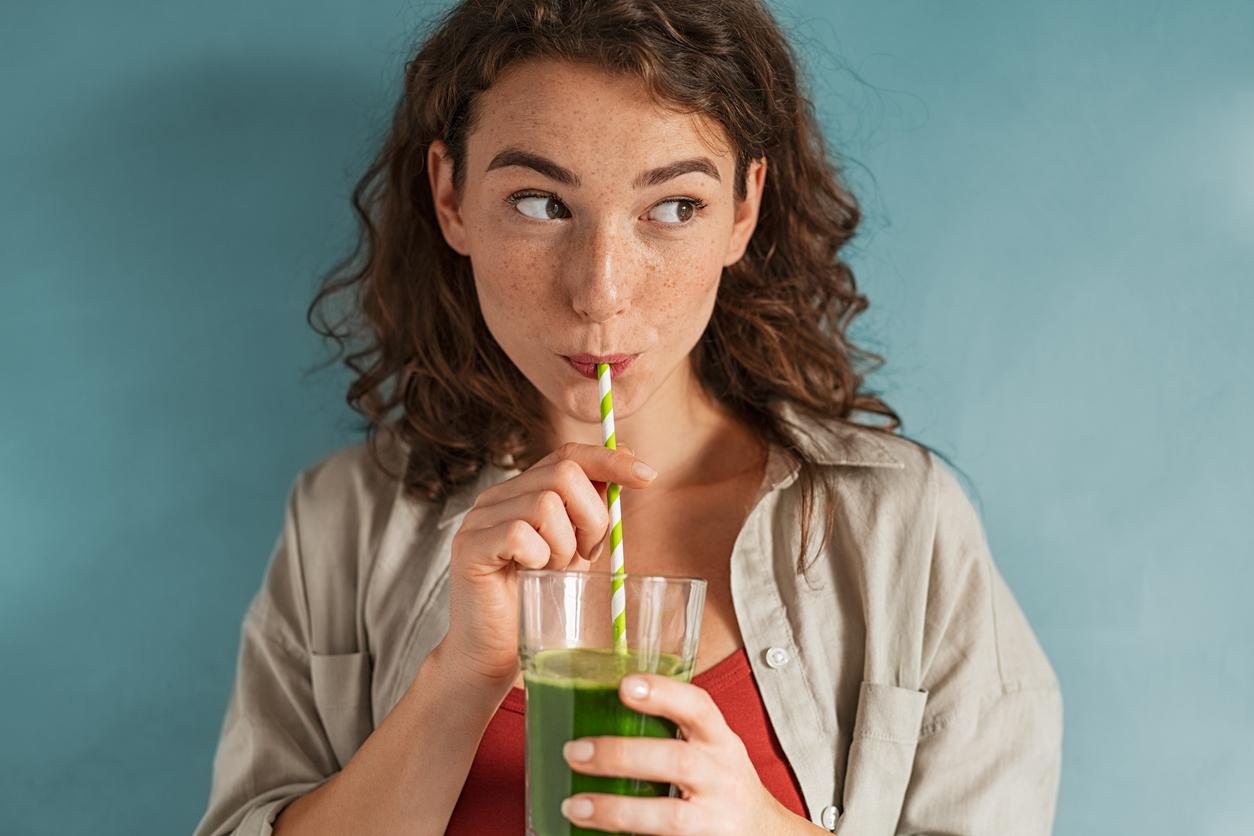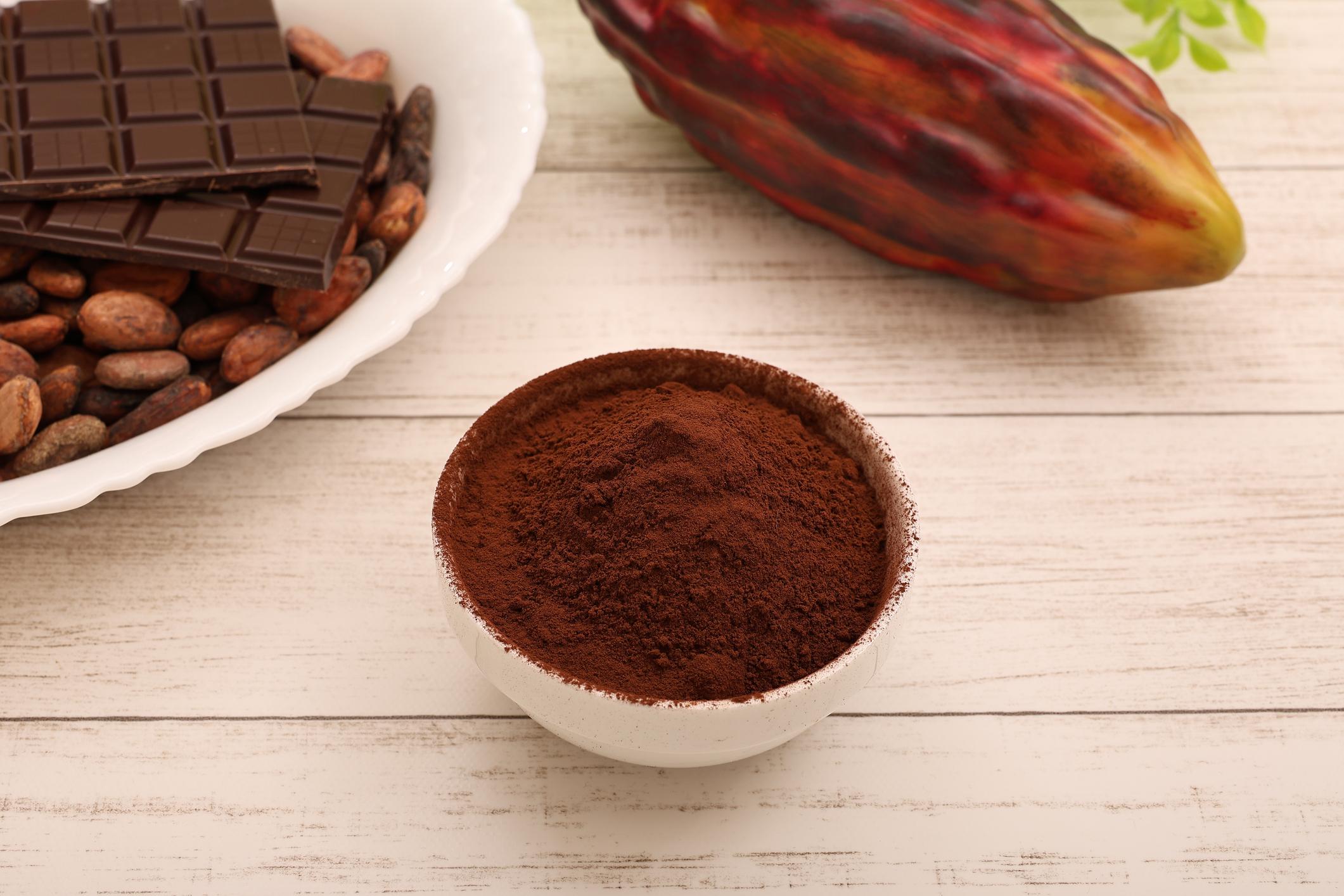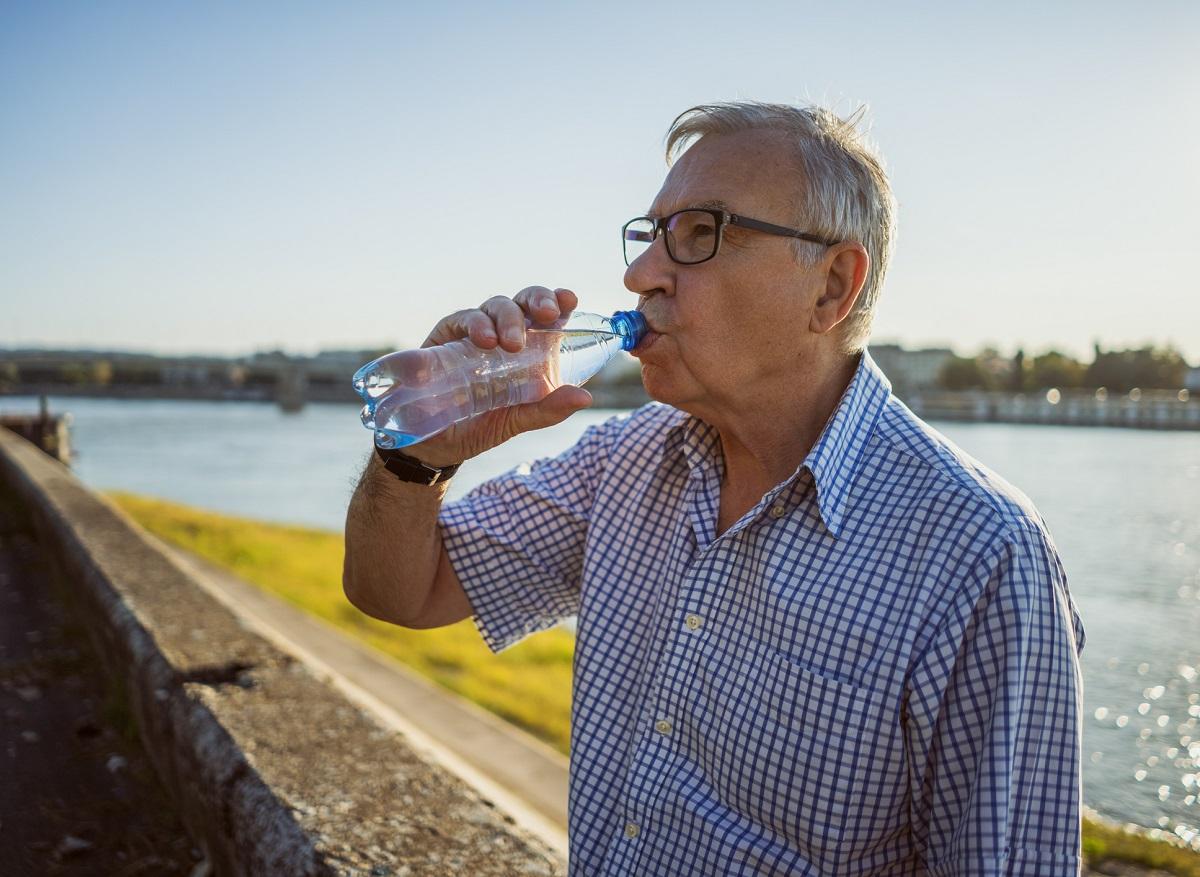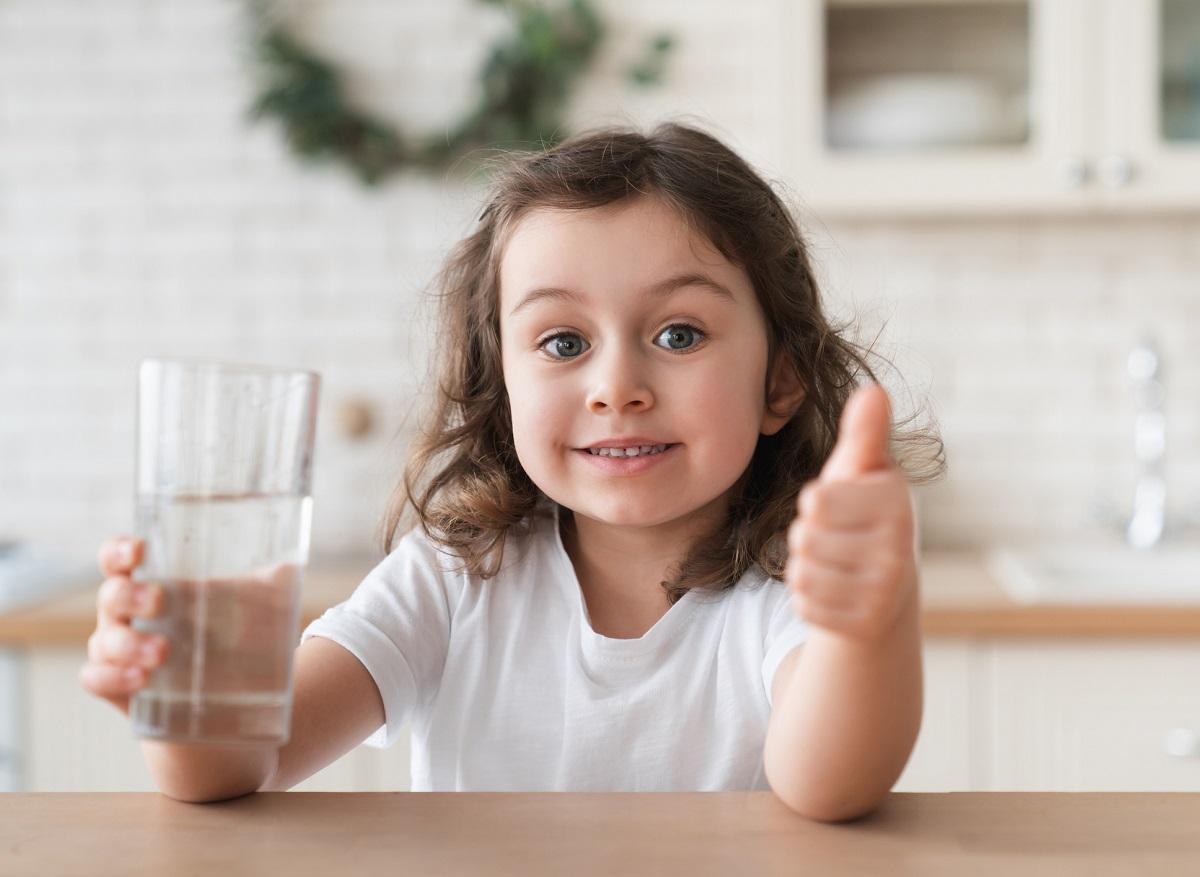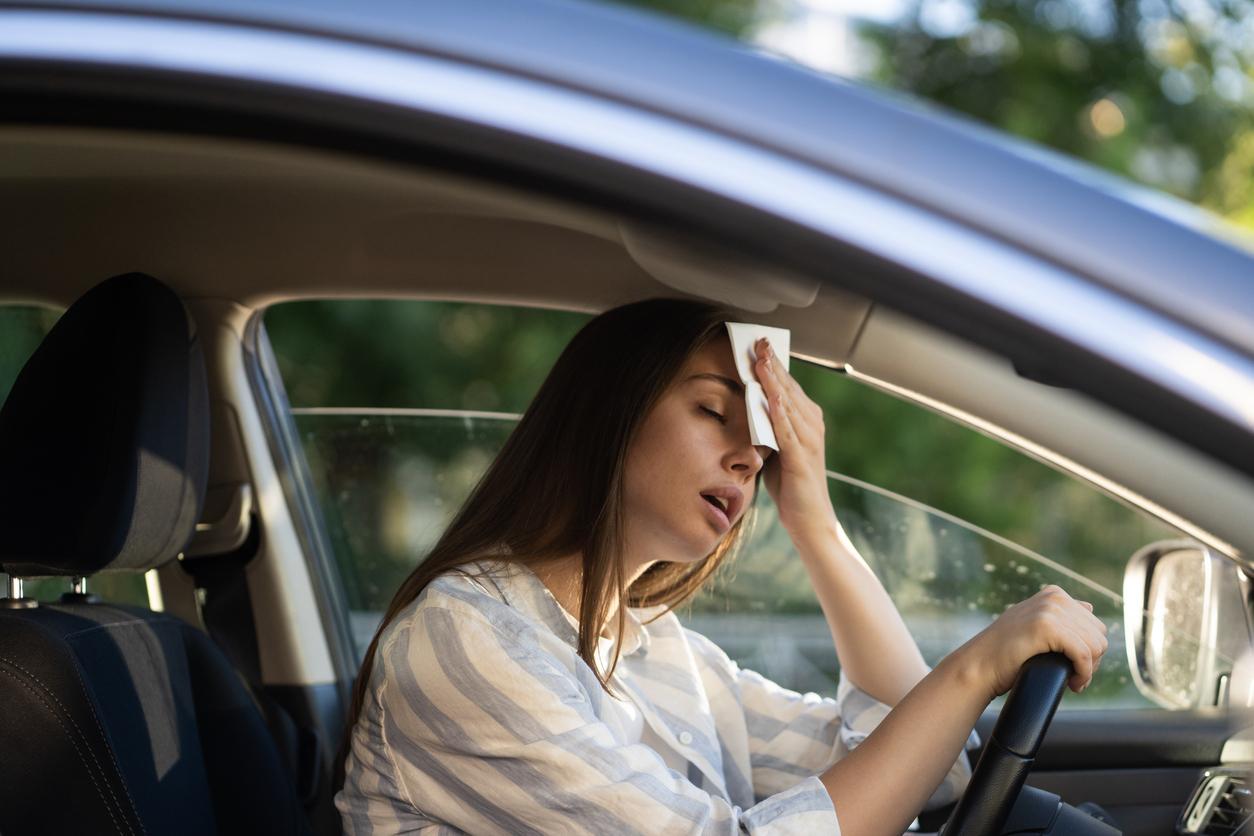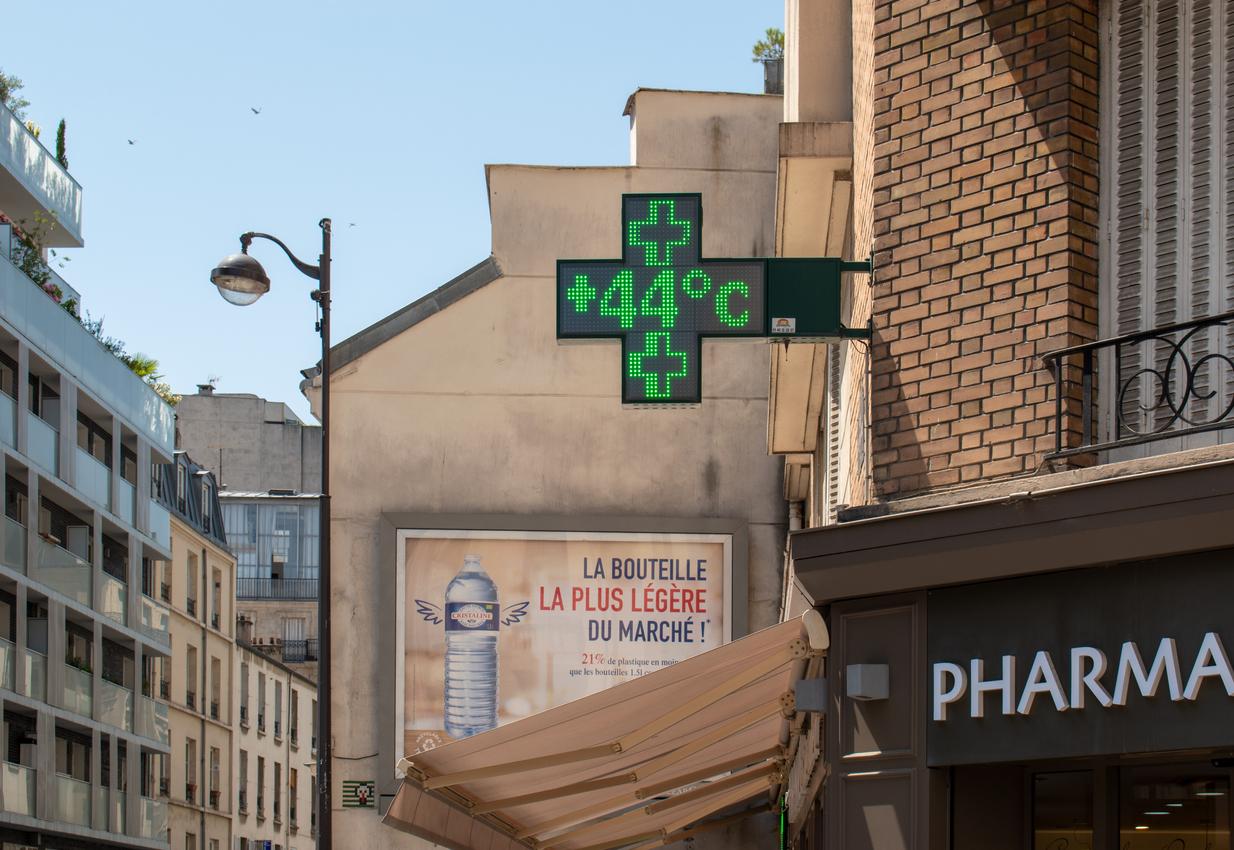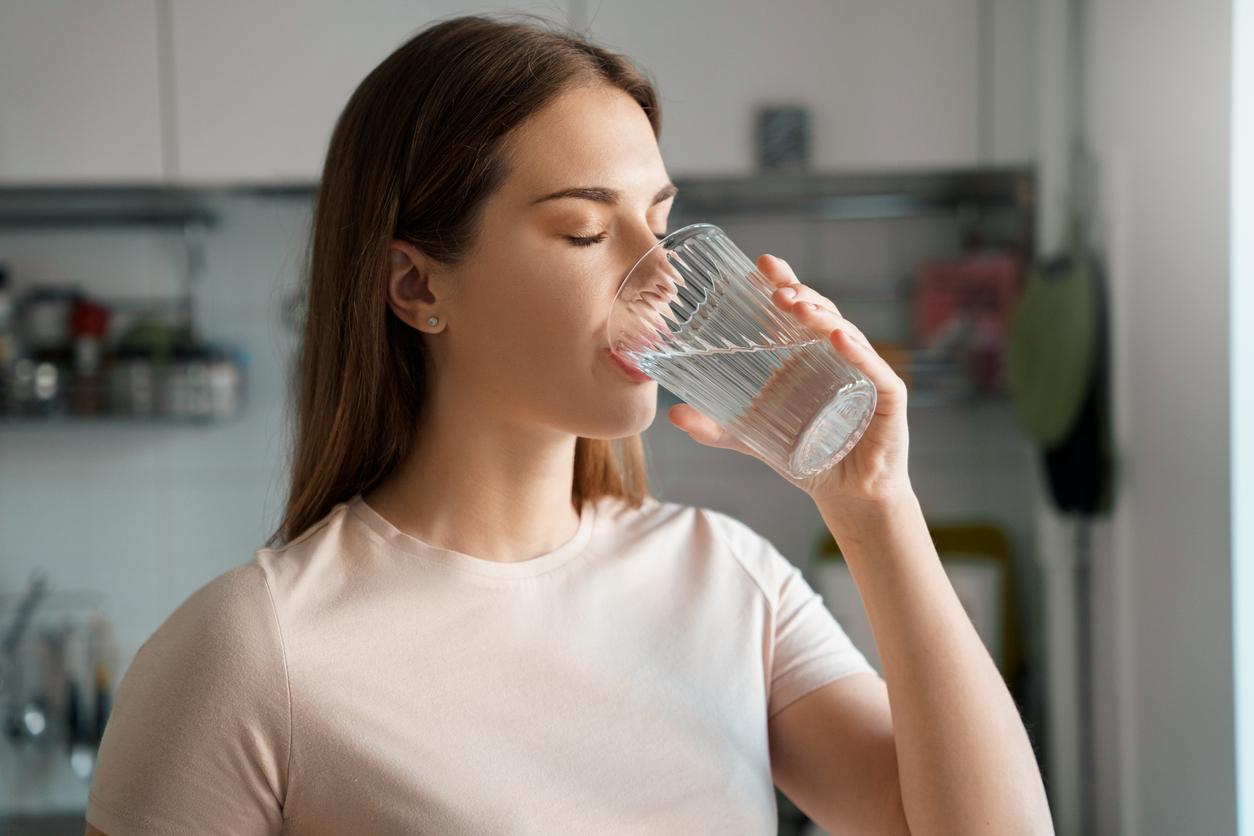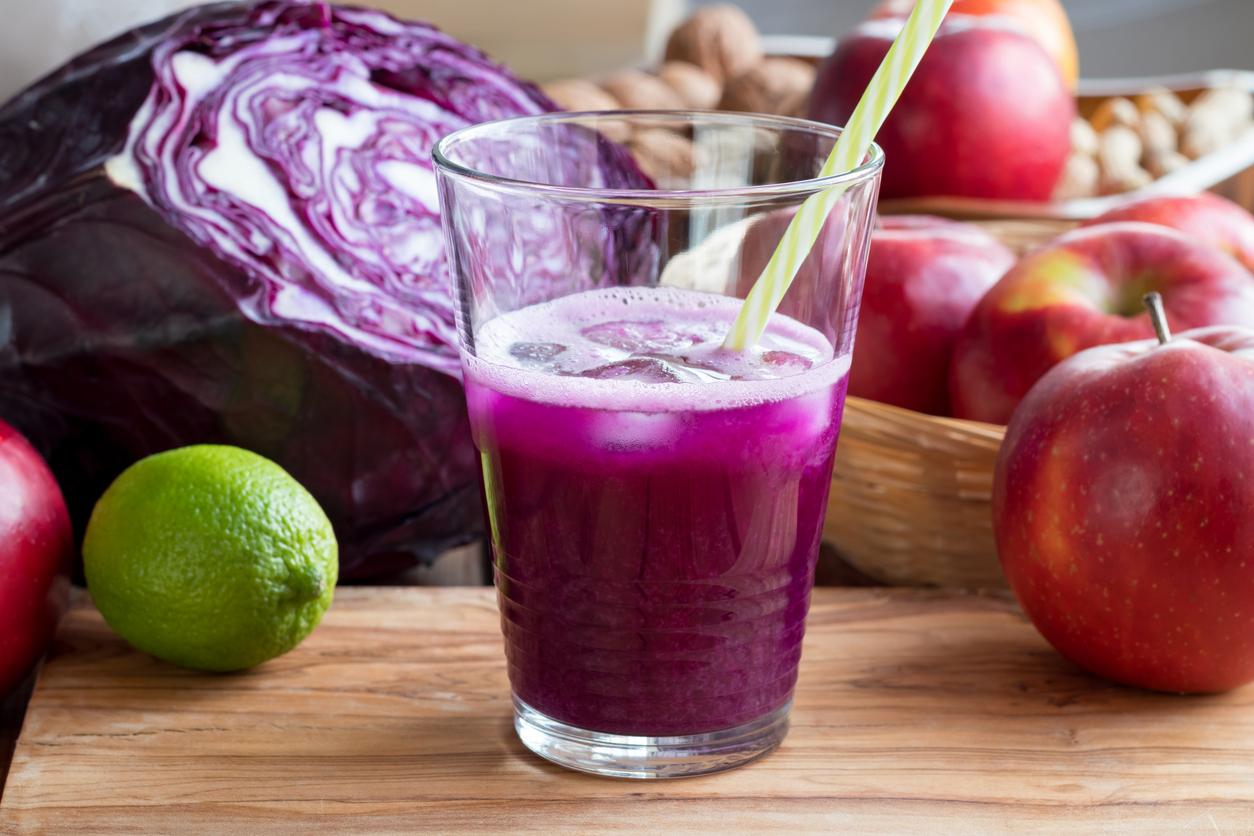While France is going through a heat wave, here’s what to eat and drink when it’s very hot.
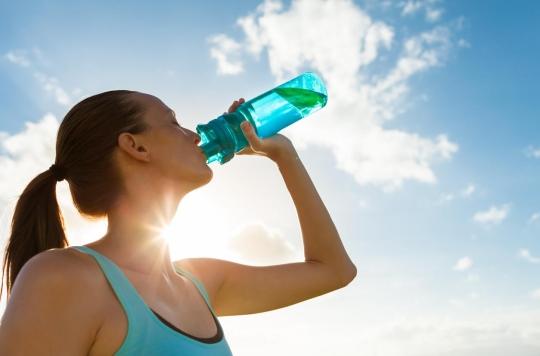
- In this period of heat wave, adopting a diet particularly rich in water is recommended to avoid dehydration.
- 23 departments are on orange alert because of the heat wave in France until Saturday.
Since Wednesday and until this weekend it has been hot, very hot in France and the impact of heat on health is not to be taken lightly.
Heat-related pathologies
As explained by Ministry of Health and Prevention, exposed to heat, the human body activates thermoregulation mechanisms that allow it to compensate for the increase in temperature (sweating, increased blood flow in the skin by dilation of the skin vessels). The vasodilation of the vessels makes it possible to evacuate the heat towards the surface of the body. Sweat cools the surface of the skin.
However, it can happen that these thermoregulation mechanisms are overwhelmed and that heat-related pathologies appear, the main ones being headaches, nausea, muscle cramps, dehydration. The latter, which results from a lack of water intake during the day to compensate for the water losses of our body, results in an intense thirst accompanied by at least one of the following signs: dryness of the skin and mucous membranes, loss weight greater than 5%, extreme fatigue, dizziness, drowsiness or loss of consciousness.
The most serious risk is heatstroke, the main emergency linked to extreme heat: the body can no longer control the temperature which rises quickly, exceeding 39°C. The symptoms are violent headaches, nausea, vomiting, incoherent speech, convulsions, even loss of consciousness and death.
Avoid dehydration
To avoid any painful manifestation of a heat stroke and the health risks it entails, it is recommended to adopt simple actions in terms of food. First drink more, without waiting to feel thirsty. And water, of course: ANSES recommends offering water every hour to children and infants, as well as at night when waking up. For the elderly, another most sensitive population, the recommended minimum is 8 glasses of water during the day and the ideal would be 13 to 14 glasses of water per day.
For an adult, drinking two to three liters a day is essential in the event of a heat wave and concocting flavored drinks can be a good way to motivate yourself to drink without getting tired: add lemon juice, crushed red fruits, cucumber , but also aromatic herbs such as mint, verbena, lemongrass, rosemary allows you to vary the pleasures.
On the other hand, they must be sugar-free and you must also avoid sodas and fruit juices, especially industrial fruit juices, which seem refreshing at the time but which, full of sugar, cause you to secrete insulin and that the we are even more thirsty! You should also drink at room temperature, neither too hot nor too cold, so as not to risk constricting the blood vessels of the digestive system, which causes intestinal disorders and stomach cramps.
Also, if you cannot do without your morning tea or coffee – to be avoided in case of strong heat because these are diuretic drinks which make you urinate often and therefore lose water, it is better to drink lukewarm than hot. Finally, alcohol is absolutely to be avoided because it dehydrates. Be careful not to drink too much either: beyond 2 litres, the kidneys eliminate water and mineral salts.
Do not eat less
Regarding food, it is first of all not to eat less even if you are less hungry when it is hot! Vegetable or fruit soup – watermelon, melon, tomato, or strawberry – can be a good idea for hydration since it contains water and mineral salts and its composition is similar to sweat.
We can also count on the 10 most water-rich summer foods such as cucumber, lettuce, radish, sprouted mung bean, lettuce, zucchini, fennel, tomato, cauliflower and pepper and have fun by varying the recipes. Avoid, however: grilled meats and heavy dishes that are too difficult to digest.
And to avoid deficiencies, cereal carbohydrates and proteins in meat, fish and eggs are good allies!








